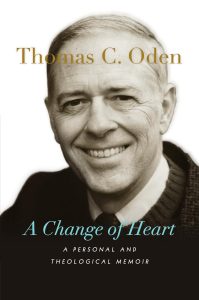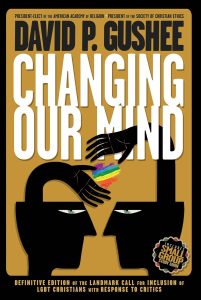
Summary: Three increasingly fast movements are unsettling the world. Friedman, without minimizing the danger, gives an optimistic account of how we can survive and thrive.
I am broadly a fan of Thomas Friedman’s general worldview. He is a progressive (by the definition of Jonathan Haidt’s The Righteous Mind‘s understanding). He is a globalist (in a non-pejorative sense.) He is fascinated with technology, and while not universally trusting in it, he thinks that technology is the way that many of the problems of our world have been and will be solved. He also thinks that government has a role is cushioning the problems of the global markets and regulating those markets for the benefit of the average person. He does not easily fit into a left/right dichotomy on issues of economics, social safety net, foreign policy or many other issues.
But it has been a few years since I have read one of his books and I am not a regular reader of the New York Times or his columns. Friedman is a bit of an outsider at this point. He falls into the general charge of technocrat and the problems with that label. He is deeply knowledgeable about world politics and for more immigration and more international cooperation, which again, is unfashionable. And Friedman is generally writing as an optimist with wonder about the world in an age that is more cynical and pessimistic.
Thank You for Being Late is broadly about the increasing (and Friedman uses the term exponential often) growth of three areas, computing (especially the movement toward big data), global market forces (and this is broad to include trade, immigration and migration and ideas) and climate change. Friedman is not shy about the fact that the world is scary. We know more about the world know than at any other time and we cannot and should not hide from that knowledge. But we also have limited capacity to absorb and process and change.
The title is from a phrase that Friedman frequently tells people that he interviews. “Thank you for being late”. He frequently meets people for early breakfasts to interview them. And because of traffic or bad planning or other reasons, it is not infrequent that his guests are late. He has started to say thank you because it is only in those unplanned free times that he can think and process. The quote from this section (and I listened to this on audiobook, so I believe this is accurate, but transcribed.)
“The ancients believed there is wisdom in patience, and that wisdom comes from patience. Patience wasn’t just the absence of speed, it was the space for reflection and thought. We are generating more knowledge than ever before…but knowledge is only good if you can reflect on it.”
I like Friedman’s writing style, but he can tend to overwhelm the reader with examples and stories to make his point. So there is far too many fascinating stories and examples that prove his point to really mention. But starting in about 2007, there has been an exponential growth in the ability of technology to collect and harness data. Part of this is felt in the always connected worker. But it is also felt in the slightly too targeted ads that feel like someone is always watching you, and they are.
Read more









